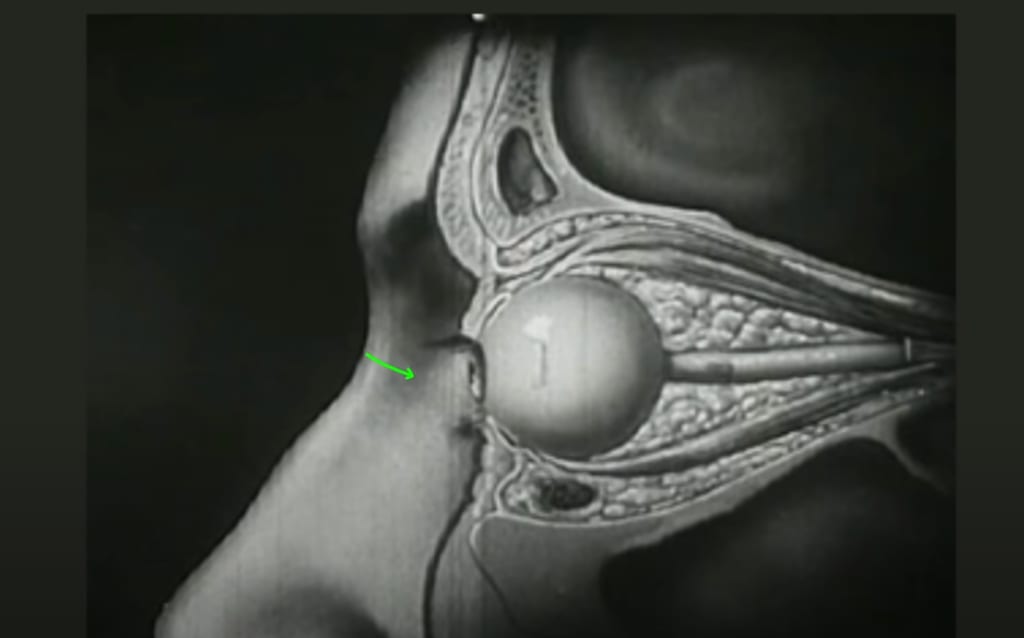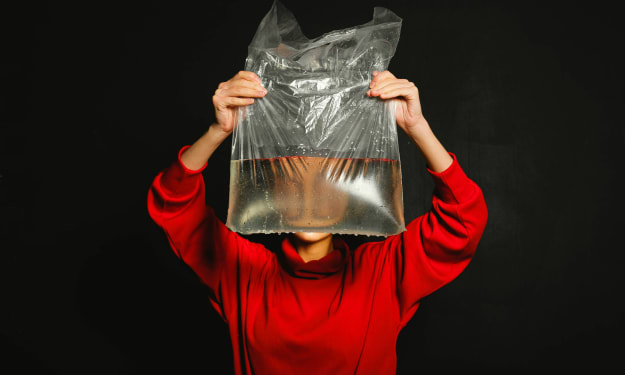How Many Holes Does Your Body Have?
I bet you can't guess!

How Many Holes Does Your Body Have?
Do you have one hole? Two holes? Three holes? Or maybe even more? It's a question that has puzzled philosophers and mathematicians for centuries.
The answer, it turns out, depends on how you define a "hole." If you define a hole as any opening in a surface, then your body has many holes. For example, your mouth, nose, eyes, ears, and genitals are all openings in your body.
However, if you define a hole as a topological hole, then your body only has one hole. A topological hole is a hole that cannot be filled in by simply stretching or bending the surface. For example, a doughnut has one topological hole, even though it has two openings.
So, how do you determine whether an opening in a surface is a topological hole? One way to do it is to imagine that you can insert an infinitely long, unbreakable rod through the opening. If the rod can pass through the opening and out the other side, then the opening is not a topological hole. However, if the rod gets stuck, then the opening is a topological hole.
In the case of a doughnut, if you insert an infinitely long rod through one of the openings, it will get stuck. This is because the doughnut has a hole in the middle that the rod cannot pass through.
In the case of your body, if you insert an infinitely long rod through your mouth, it will eventually come out your butt. This is because your body is not a topological hole. It has many openings, but none of them are topological holes.
So, there you have it. Your body has one topological hole, but many non-topological holes. The next time someone asks you how many holes you have, you can give them the correct answer.
Here are some additional things to consider about holes:
Blind holes: A blind hole is an opening in a surface that does not connect to the other side of the surface. For example, your pores and hair follicles are blind holes.
Through holes: A through hole is an opening in a surface that connects to the other side of the surface. For example, your mouth, nose, and genitals are through holes.
Topological holes: A topological hole is a hole that cannot be filled in by simply stretching or bending the surface. For example, a doughnut has one topological hole.
Geometric holes: A geometric hole is an opening in a surface that can be filled in by simply stretching or bending the surface. For example, a coffee cup has one geometric hole.
The distinction between topological holes and geometric holes is important in topology, the branch of mathematics that studies the properties of shapes that are preserved under continuous deformations. For example, a coffee cup and a doughnut are topologically equivalent, meaning that they can be continuously deformed into each other without tearing or gluing. However, they are not geometrically equivalent, meaning that they cannot be made to coincide with each other by any continuous deformation.
The concept of topological holes can also be applied to other fields, such as physics and chemistry. For example, in physics, a topological defect is a region of space where the topology of the vacuum is different from the topology of the surrounding space. Topological defects can play a role in the formation of galaxies and other large-scale structures in the universe.
In chemistry, topological isomers are molecules that have the same chemical formula but different topologies. Topological isomers can have different physical and chemical properties.
The study of holes is a fascinating and ever-evolving field. As our understanding of topology continues to grow, we are likely to learn more about the role that holes play in the physical world.





Comments
There are no comments for this story
Be the first to respond and start the conversation.